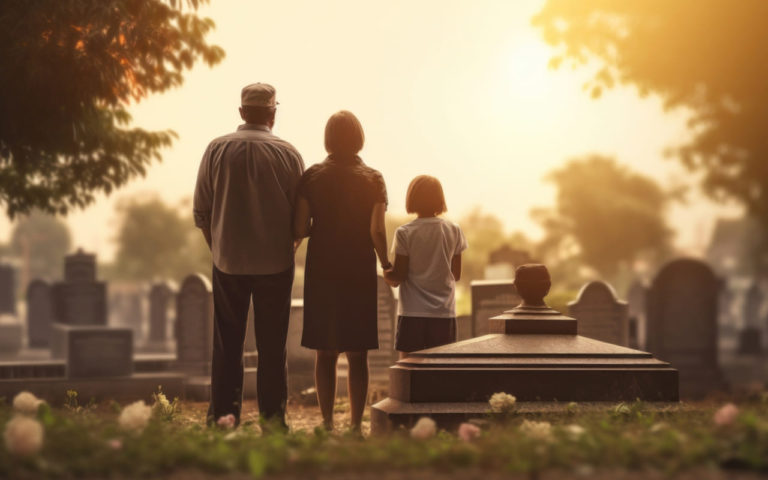ESTATES
THE NECESSITY OF A WILL
Most South Africans do not realise the importance of having a will or are totally ignorant as to what will happen with their estates after their death. It is estimated that almost 90% of South Africans die intestate, that is without a will. The importance of a will, prepared by an attorney with experience in the drafting and execution of a will can never be under estimated. By executing a will, the control of the state over the distribution of your assets are limited and your appointed executor will oversee the process to ensure that the distribution of your assets in your estate is in accordance with your wishes in your last will and testament.
Estates in South Africa are winded up, either intestate (process controlled by the State/Legislation in the absence of a will) or testate in terms of your will.

If you are part of this 90% who die without a will, the following will apply:
- Your estate will be resolved in terms of intestate succession, that is in terms of the Intestate Succession Act 81 of 1987;
- You effectively forfeit the privilege to decide what is to happen with your estate as it will be distributed in terms of the above act;
- As there is no appointed Executor, the Master of the High Court will nominate a person to wind up the estate;
- Only a direct family member, that is the surviving spouse, parent or a child of the deceased, may apply to be appointed as Executor to wind up the estate by the Master of the High Court without having to provide financial security to do so;
- In the event that there is no surviving spouse, parent or children, any other family member who applies to be appointed as Executor, will only be able to do so if financial security is provided for the full value of the estate. In most cases this is near impossible and causes serious delays to even start with the winding up of the estate;
- If the deceased is survived by a spouse and children, the estate will be divided between the spouse and/or children as provided for in the act. This may leave the surviving spouse in a very vulnerable position financially unless the children are 18 years or older and prepared to renounce their right to inherit in favour of the surviving spouse;
- If you are survived by children only, your estate will be divided between your children, and in the event of any of your children predeceasing you, that child’s portion is automatically distributed between that predeceased child’s children (that is your grandchildren);
- If there is no spouse or children, the estate will be equally divided between the parents of the deceased, or those of them alive and their issue still alive and so on, which is far from what the deceased may have intended to happen with his estate;
- All inheritances due to minors (and who cannot renounce benefits in favour of a surviving spouse) will be payable to the Guardians Fund to be administered by the Master of the High Court until the minor attain the age of 19, at nominal interest rates meaning very little growth to these funds. Although these funds may be accessed by the minor from time to time for specific purposes (such as basic needs or education). It is a cumbersome process regulated by stringent requirements and processes.
If you are part of the 10% of South Africans who die with a will, the following apply:
- You have appointed a person of your choice as Executor of your estate with the right of assumption and no need to provide security to the Master;
- You have dealt with all your property/investments/business interests/money and have nominated heirs/legatees for all these assets and provided directives as to how you wish your Executor to deal with these assets;
- You have appointed legal guardian/s for your minor children and have created a trust and nominated trustees for the trust who will look after the trust funds until it may be distributed to the minor children, the trustees being exempted to provide any security to the Master;
- You left directions as to what needs to happen to your body once you have died.
Collectively, at McKenzie van der Merwe & Willemse we have in access of 50 years experience in the drafting of wills and the administration of estates. We are able to assist you with the drafting of a valid will which will be simple and straight forward and will deal with all your assets/wishes after your death. We are able to advise you on the implications that will be involved in the winding up of your estate and have access to very competent auditors who will be able to advise on the tax implications that may arise from the administration of your estate.
Although we urge all our clients to have a will, it is of paramount importance that we prepare a will for you to be signed by you, if:
- You are married;
- You are divorced (and re-married);
- You have business interests in trusts/companies or close corporations;
- You have a life partner with whom you are not legally married;
- Your children (or some of them) are still minor/s (under 18);
- You have handicapped children;
- You have overseas assets.
We have specific recommendations as to who you must appoint as your Executor. Your personal/family circumstances will be taken into account and advice given that serves your interests the best. We are not necessarily convinced that the appointment of your broker or financial institution is always in your best interest and will share our views with you when an appointment is made with us to discuss your estate.
